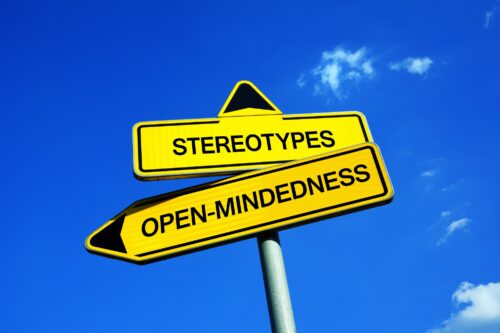
I was recently speaking to someone in the industry about being part of the D&I industry taskforce and they questioned what benefit I could add to this, whilst quickly surmising my ‘diversity’ must be because I am Welsh!
This exchange got me thinking about why I was passionate about being part of the taskforce, and what I had to offer the wider group. I believe that diversity and inclusion is much more than the policies created and the organisational programmes that are run. Instead, in business, I believe that D&I is about understanding the needs of all team members, respecting each others perspectives without creating barriers, and in turn earning deeper trust and commitment from the whole team.
D&I is not a tick-box exercise, it is quite simply the right thing to do to give fair opportunity to all. It should be embedded through careful planning and processes that will benefit us all. I am drawn to the benefits that diversity brings to an organisation.
To drive our respective companies forward in financial services, I could assemble a team of the best financial minds which should lead to success. This would appear logical, but it’s incorrect. We are faced with problems and challenges each day in our firms, both from a micro and macro level, and although intelligence and skill can benefit us, it is diversity that will ultimately enable us to overcome these challenges by delivering better solutions.
And I am not speaking about attributes such as gender, sexual orientation, race, age, or where you were born – but rather the diversity of your experiences and the cognitive diversity in each team member’s mind.
By growing a group of diverse cognitive thinkers from demographically diverse groups, the team will collectively (if each team member is empowered to communicate their experiences and thoughts) be able to contribute more diverse solutions to problems. We are in an age where our client bases, and their own experiences in turn, will broaden – so that diversity of thinking from a broad demographic will constantly evolve.
So back to the title: What has a ‘white’, ‘middle-aged’ man got to offer? Well, this leads me onto my next issue with labelling. Think of the demographic groups that you consider yourself part of. Now, do you think that every person who is part of that demographic thinks the same, feels the same, and has the same to offer? Of course not – we are shaped by our individual experiences, background, upbringing, education and much more. For example, I was brought up in Belgium, in a school with over 100 nationalities, so I learnt quite quickly to appreciate and understand other cultures.
I have a different, no better or worse, perspective than a white man who grew up in Wales, England or anywhere else in the world. I may or may not have more to offer than the next white man. But I do know that a team of white men with the exact same demographics as myself, will not be as successful at identifying optimal solutions as a diverse group with wisdom that will by default be broader. The problems we face in business are too complex for individuals to handle in isolation, or a team of individuals with the same shared experiences.
In my view, adopting and nurturing a positive diversity and inclusion culture in your workplace, in an environment that encourages communication, will help broaden individuals’ perspectives, provide fairer opportunity for all and build integrity within the team. Gaining fresh insights will help you to understand your clients better, whilst retaining and growing a larger percentage of clients too.
In conclusion, I am proud to be Welsh and I am proud of the experiences I can share with the taskforce. Together, I believe that we will avoid the dangers of homogenised thinking and develop new innovative solutions.